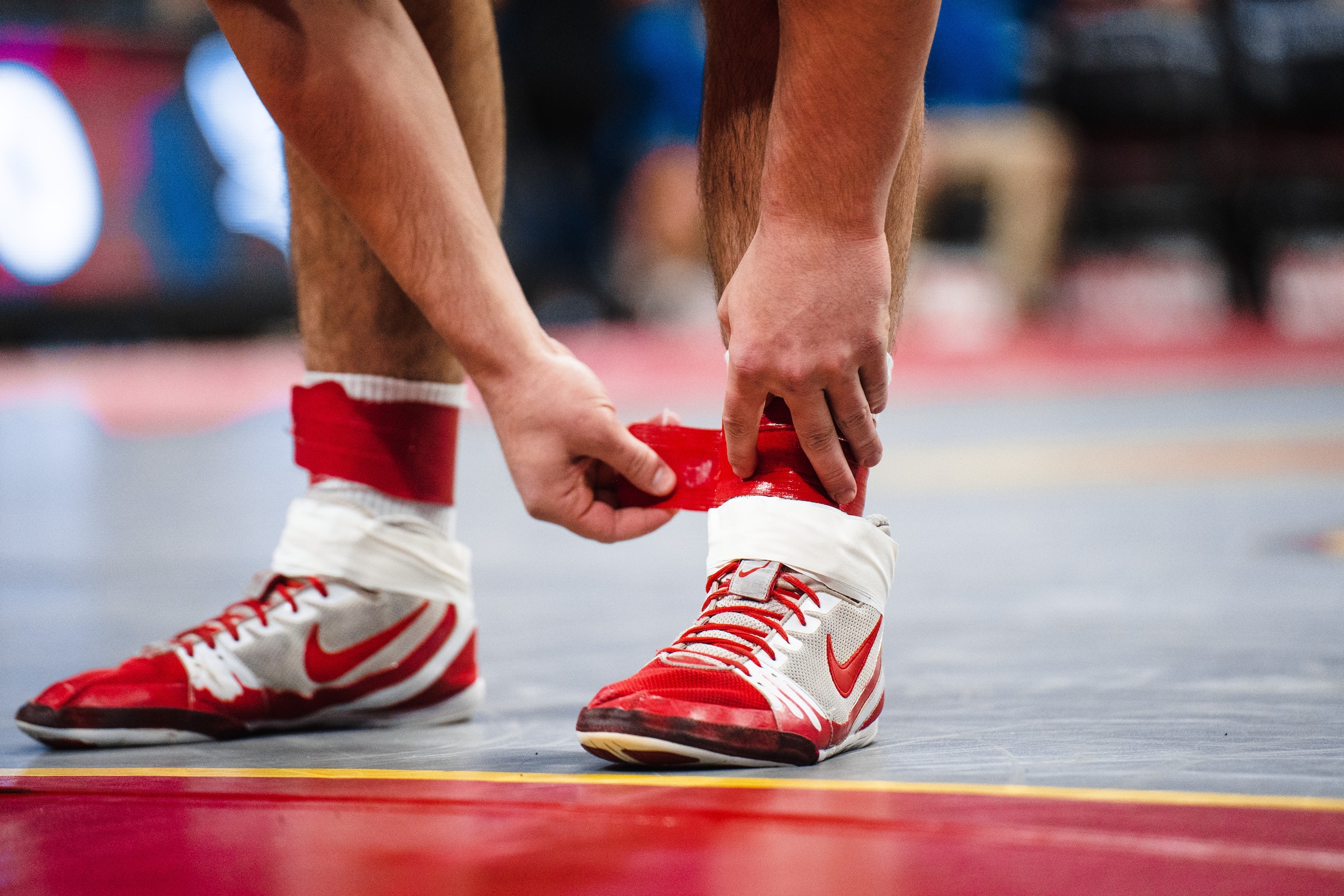Do you remember Peppe, the joyful B&B owner on the island of Ischia, who I wrote about last week? Well one night he had a restaurant owner friend, Aniello, pick us up to take us to his restaurant, L’Oasi. Of course Peppe described it to us as “wonderful!”
We arrived … not a soul was there. Aniello asked us what we like to eat and then disappeared. The wine arrived in a bottle with no label. We had no idea where we were, what we were drinking, what we’d be eating or what it would all cost. Bernadine and I laughed, devil-may-care, and gave ourselves up to the fates.
What followed – the antipasto platter, the pasta, the fish – was only the most delicious, distinctively flavorful meal of our entire trip.
We considered coffee at the end. “No,” Aniello said, waving his finger, “not here.” The bill came. Ahhh, another pleasant surprise. Willie, a playful Springer Spaniel, bounded up just as we were leaving to say goodbye and get a vigorous head rub.
On the drive back Aniello stopped at a bar and told us to come with him. As it turned out, an espresso bar. Of course, why would any restauranteur serve you coffee when he could drive you to the best espresso bar in town … and pay? Unbelievable.
Your thoughts?
Michael












